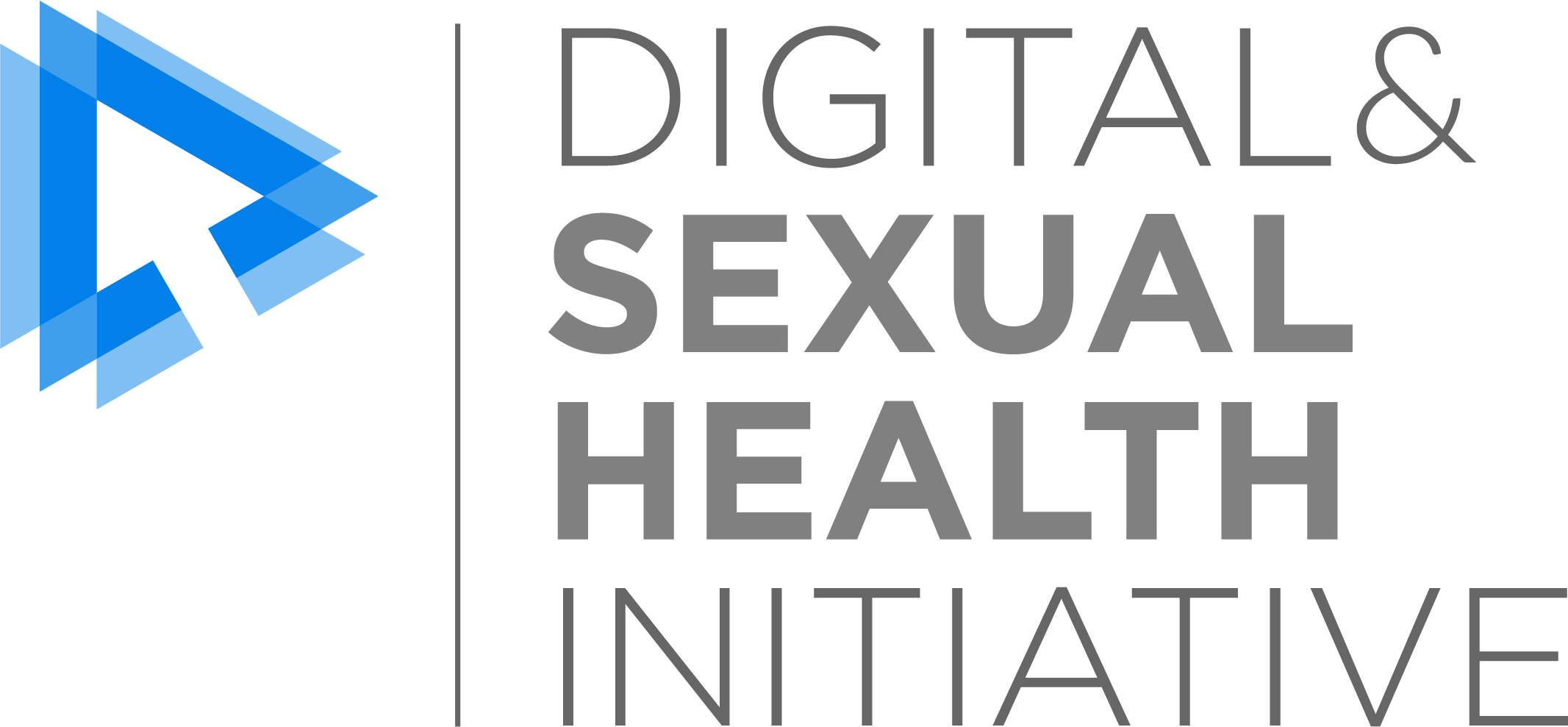Health Literacy, HIV Risk, and Men Who Have Sex with Men: Building a program of research through national and international collaborations
Research theme(s)
Sexual Health Websites and Literacy
Dates
2014-2015
Funding
Canadian Institutes for Health Research
Principal investigator(s)
Mark Gilbert
Research team
Lisa McDaid, Paul Flowers, Terry Trussler, Rick Marchand, Olivier Ferlatte, Trevor Hart, Barry Adam, Ed Jackson, Len Tooley, Wayne Robert, Jody Jollimore, Irving Rootman, Lorie Donelle, Anne-Marie Nicol, Warren Michelow
Publications
Health Literacy, Sexual Health, and Gay Men: Current Perspectives
Ontario HIV Treatment Network, 2015.
Effectively applying HIV prevention strategies “in the heat of the sexual moment” requires accessing, understanding, and using health information about HIV risk. These skills–called “health literacy” skills–can be challenging to apply as complex new information about HIV prevention strategies emerges (e.g. reduced risk of transmission from HIV treatments) and due to the plethora of information available via digital media (e.g. Facebook, Twitter, websites and mobile apps). This is particularly important for gay, bisexual and other men who have sex with men (MSM) given the high rates of HIV infection in this population. Clinicians and health agencies interacting with MSM also have a tough time navigating this new landscape, and there are different social, cultural and legal perspectives on HIV risk. Research in this area is only beginning, and there is a pressing need for effective interventions to improve health literacy for MSM.
We aim to bring together Canadian and international researchers, knowledge users, and policy-makers in health literacy, risk communication, HIV prevention and gay men’s health to meet over two days in Vancouver in 2014. Our goal is to build an interdisciplinary team to collaboratively develop a national and international program of research and identify projects to better understand the relationship between health literacy and HIV prevention for MSM (at the individual, provider and society levels). By integrating this meeting within the BC Gay Men’s Health Summit, we aim to discuss, share information, and learn from a wide range of community members, service providers, policy-makers and researchers in this area to identify the most important research questions to fill critical knowledge gaps, which will lead to effective health literacy interventions. By increasing the health literacy skills of MSM and their providers we can improve the understanding and appropriate use of effective HIV prevention strategies to reduce HIV among MSM.
